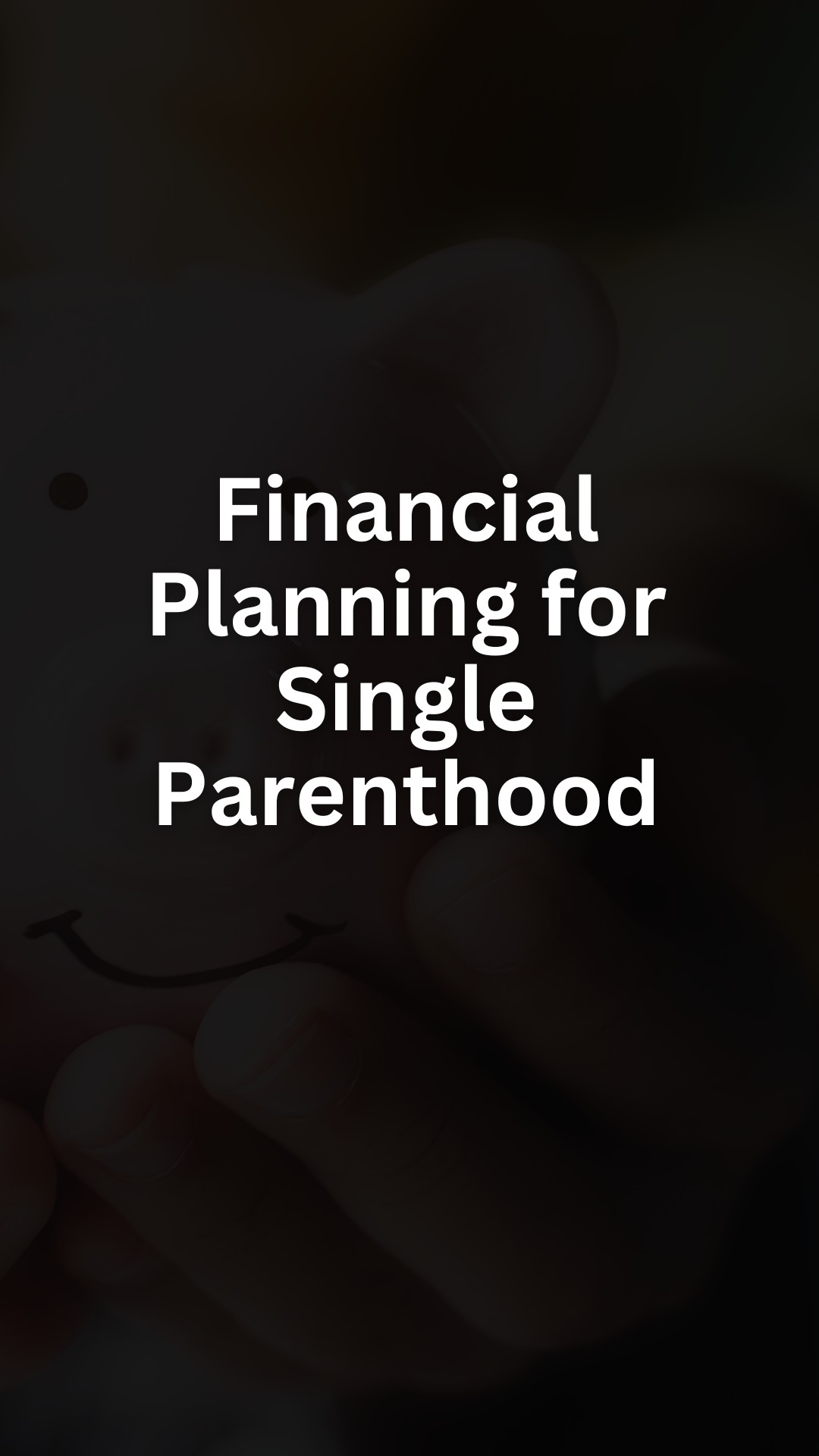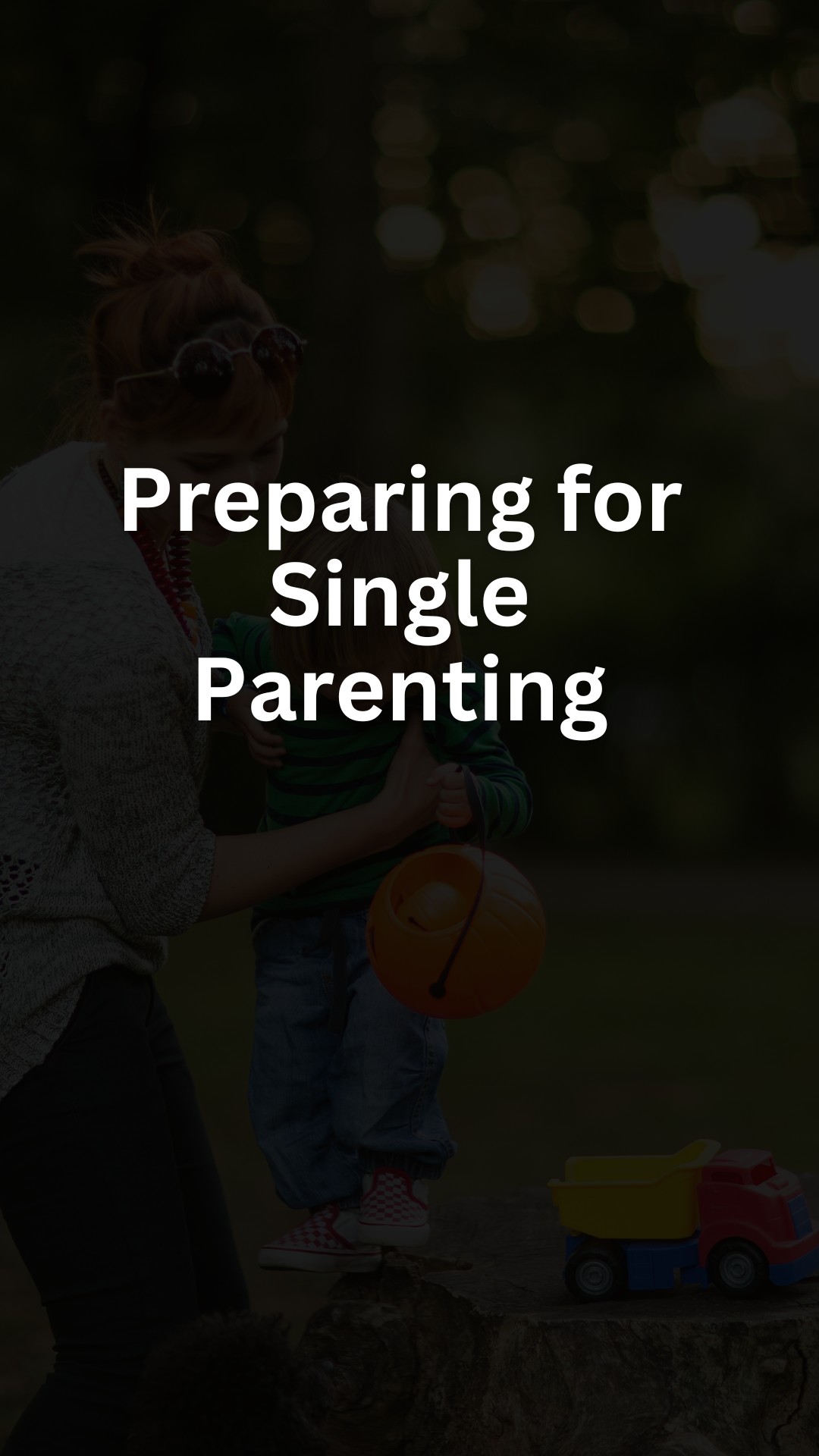Going through a divorce while pregnant can feel overwhelming, but it’s important to focus on your well-being.
You need to prioritize your physical and mental health above all else.
Make sure to attend your regular check-ups and reach out to friends or family for support.
It’s also crucial to seek legal advice to understand your rights and options.
This will help you make informed decisions for you and your baby.
Having a clear plan can provide a sense of stability during this emotional time.
Remember, you don’t have to go through this alone.
Support groups and counseling can offer valuable connections and resources.
Building a strong support network is key to navigating this challenging period successfully.
Understanding the Legal Aspects of Divorce During Pregnancy

Being pregnant can complicate the legal process of divorce. You need to consider specific laws about custody, paternity, and child support alongside the regular divorce proceedings.
Navigating Divorce Law
Divorce laws can differ from state to state.
Some states may not allow you to finalize a divorce while pregnant.
Make sure to consult a lawyer who specializes in family law in your area to guide you through the process.
They can help you understand the steps and paperwork needed.
You might need to attend court proceedings.
These legal sessions can cover many aspects, from separating assets to temporary support until the baby is born.
Make sure to prepare all required documents and follow legal advice.
Paternity and Custody Rights
When you’re pregnant, paternity must be established before custody rights are determined.
The presumed father’s name on the birth certificate may not automatically grant them custody rights.
You might need to create a parenting plan.
Courts often prioritize the baby’s best interests.
Judges may consider factors like parental background, health, and living conditions to decide custody.
It’s also good to know that you can request temporary orders for custody and visitation until the final ruling is made.
Child Support Consideration
Child support is vital for a newborn’s well-being.
It includes financial aid for medical care, diapers, baby products, and living expenses.
The non-custodial parent is usually required to provide support.
Courts calculate child support based on income and needs.
You can seek guidance from your lawyer to ensure your child receives appropriate support even before birth.
It’s also wise to keep detailed records of all baby-related expenses to present in court.
Managing Emotions and Stress

Handling divorce while pregnant is tough. You might feel overwhelmed by different emotions and stress. Here are specific ways to manage your feelings and find support.
Coping with Emotional Challenges
You might feel sad, angry, or scared.
It’s normal to have these feelings.
Recognize your emotions and accept them.
Journaling can help you sort through your thoughts.
Deep breathing exercises or taking a walk can calm you down if you feel overwhelmed.
Keeping a daily routine can give you a sense of control.
Seeking Emotional Support
Talking to someone you trust can make a big difference.
It could be a friend, family member, or therapist. Joining a support group for pregnant women going through divorce can also help.
Counseling is another good option. A therapist can offer strategies to manage your emotions.
Don’t hesitate to ask for help when you need it.
Stress Reduction Techniques
Exercise is a good way to reduce stress. Try prenatal yoga or walking.
Make sure to get enough rest too, as lack of sleep can increase stress levels.
Meditation and deep breathing exercises can also be helpful.
Try to eat healthy meals and stay hydrated. These steps will help you feel better physically and emotionally.
Financial Planning for Single Parenthood

When you’re preparing for single parenthood, handling your finances becomes even more critical.
It’s important to plan for increased expenses and seek out available financial assistance.
Budgeting for Increased Expenses
Being a single parent means your expenses will likely increase.
You’ll need to budget for baby supplies, medical bills, and other essentials.
Start by listing all the costs you can think of, such as diapers, baby food, clothing, and healthcare.
Next, adjust your monthly budget. Prioritize your spending and cut back on unnecessary expenses.
You might need to reallocate funds from leisure activities to baby needs.
Consider using budgeting apps or tools to keep track of your spending.
It’s also smart to build an emergency fund.
Try to save a small amount each month, even if it’s just $10. This can help cover unexpected costs, like medical emergencies or repairs.
Exploring Financial Assistance
Many programs exist to support single parents.
Check if you qualify for government assistance programs like WIC (Women, Infants, and Children) or SNAP (Supplemental Nutrition Assistance Program). These can help with food and baby formula costs.
Local community organizations can also offer help.
They might provide free baby items or emergency funds.
Research online or visit local community centers to find these resources.
Don’t forget about tax benefits.
Single parents may be eligible for the Earned Income Tax Credit (EITC) or Child Tax Credit. These credits can provide significant financial relief.
Speak to a tax advisor to understand your eligibility and increase your refunds.
Lastly, reach out to family and friends.
They can offer emotional support and sometimes financial help. Crowdfunding platforms can also help raise funds in times of need.
Addressing Healthcare Needs

Handling healthcare needs during a divorce while pregnant is crucial. You need to ensure that your prenatal care continues smoothly and that your health insurance adequately covers you and your baby.
Prenatal Care During Divorce
Prenatal care is vital for a healthy pregnancy.
It’s important to keep up with all your doctor’s appointments and follow their advice.
Regular check-ups will help monitor your baby’s growth and health.
Make sure to attend all scheduled scans, tests, and screenings.
Staying consistent with your prenatal care:
- Keep a calendar of appointments.
- Maintain communication with your healthcare provider.
- Report any changes in your health immediately.
Make sure to discuss any stress or emotional challenges with your doctor.
They can offer resources or referrals to support your mental health.
Eating a balanced diet, getting enough sleep, and staying active (as advised by your doctor) can also help manage stress.
Health Insurance Considerations
Healthcare costs can add up, especially during pregnancy.
It’s important to review your health insurance policy.
Make sure it covers prenatal visits, tests, delivery, and postnatal care.
If you’re sharing insurance with your spouse, now is the time to understand your options if changes occur.
Key steps to take:
- Contact your insurance provider for detailed benefits.
- Confirm coverage for pregnancy and delivery-related expenses.
- Check if you need to update your policy or switch to a new one.
If your partner covers you, find out how long you will remain under their policy.
If you need to change plans, research new insurance options early. Medicaid may be an option if you’re uninsured or underinsured.
Important tips:
- Keep all communication with insurance providers documented.
- Seek assistance from a social worker or legal advisor if needed.
- Ensure any new policy offers comprehensive maternity coverage.
Building a Support Network

Having a strong support network is essential during pregnancy and even more so when going through a divorce. You need to feel supported emotionally, physically, and financially.
Family and Friends Support
Your family and friends can be your biggest allies.
They often know you well and understand your needs.
Share your feelings with them. They might not know exactly what to say, but just having someone listen can be comforting.
Ask for help with daily tasks.
Simple things like cooking or babysitting other children can ease your burden.
Make specific requests to prevent any confusion. Remember to express your appreciation.
A quick thank you goes a long way in maintaining these valuable relationships.
Professional Support Services
Seeing a therapist or counselor can be very beneficial.
They offer a safe space to talk about your feelings and fears.
These professionals are trained to help you cope with stress and anxiety.
Join a support group for pregnant women going through divorce.
Knowing you are not alone can be comforting.
These groups provide an opportunity to share experiences and get advice. Look for local groups or online communities that fit your needs.
Consult with a lawyer to understand your legal rights.
This ensures you and your baby are protected.
Services like financial advisors can assist in managing your money wisely during this challenging time.
Planning for Birth and Custody

When you’re pregnant and going through a divorce, planning for the birth and custody of your baby is essential.
Communication: Talk to your ex-spouse about how you will handle birth plans. Decide who will be in the delivery room, and discuss the role each of you will play in the first few weeks.
Custody Agreement: Create a custody agreement before the baby is born. This can include visitation schedules, holiday arrangements, and financial support for the baby.
Legal Help: It’s important to get legal advice. A lawyer can help you understand your rights and responsibilities and ensure that the custody agreement is fair and clear.
Support System: Build a strong support system of friends, family, and professionals. They can be a great help before and after the birth.
Health Care: Ensure you have a healthcare plan that covers your needs and the baby’s needs. This includes prenatal care, delivery costs, and pediatric care.
Parenting Classes: Consider taking parenting classes together or separately. They can provide valuable information and help both parents prepare for the baby’s arrival.
Financial Planning: Make a budget to cover all expenses related to the birth and childcare. Discuss who will cover which costs to avoid conflicts.
Emotional Well-Being: Take care of your emotional health by talking to a counselor or therapist. It’s essential to stay strong for yourself and your baby.
Flexibility: Be prepared to adjust plans as needed. Babies can be unpredictable, and it’s important to stay flexible.
Communicating with Your Ex-Partner

When pregnant and going through a divorce, communication with your ex-partner is crucial. Establishing effective strategies and clear boundaries can help ensure a healthier environment for both you and your baby.
Effective Communication Strategies
Communication can be challenging during a divorce.
Use clear and direct language to express your needs and concerns.
Listening is just as important as speaking. Pay attention to what your ex-partner says without interrupting.
Tips for Effective Communication:
- Stay Calm: Emotions can run high. Take deep breaths and stay as composed as possible.
- Be Specific: Avoid vague statements. Clearly state what you need or feel.
- Use “I” Statements: Instead of “You never help,” try “I feel overwhelmed when I don’t get help.”
- Set a Schedule: Agree on regular times to discuss important matters, so both of you are prepared.
- Seek Mediation: If conversations become too heated, consider a mediator.
Setting Boundaries
Boundaries are key to maintaining a respectful and functional relationship with your ex-partner.
Decide what is and isn’t acceptable, and communicate these boundaries clearly.
Steps to Set Effective Boundaries:
- Identify Your Limits: Know what you are comfortable with and what causes stress or discomfort.
- Communicate Clearly: Let your ex-partner know your boundaries in clear terms.
- Be Consistent: Consistency helps in maintaining boundaries. If you set a rule, stick to it.
- Respect Their Boundaries Too: Just as you have limits, so does your ex-partner. Respecting theirs helps create mutual respect.
- Use Written Agreements: Consider putting agreed boundaries in writing to avoid misunderstandings.
Preparing for Single Parenting

Single parenting while pregnant can be challenging, but with proper preparation, you can create a nurturing environment for your child.
Support systems and resources are key to managing this transition.
Cultivating a Supportive Home Environment
Creating a supportive home environment is crucial.
Start by organizing your space to be baby-friendly. Make sure you have the essentials like a crib, changing table, and baby-proofing items.
Emotional Support: Surround yourself with family and friends who can offer help and companionship. Join local support groups for single parents to share experiences and advice.
Financial Planning: Budgeting is important. List your income and expenses to see where you can save. Look into financial assistance programs for single parents.
Parenting Classes and Resources
Taking parenting classes can be very beneficial.
Many community centers offer workshops on everything from newborn care to effective parenting techniques.
Online Resources: There are numerous websites, forums, and videos that provide guidance and answer common questions about parenting.
Healthcare Providers: Consult your doctor or midwife for advice. They can direct you to local resources and support services that are designed for expecting single mothers.
Protecting Your Rights and Interests

Divorce during pregnancy can be very stressful. It’s crucial to ensure you have proper legal support and understand your parental rights.
Seeking Legal Representation
Finding a good lawyer is essential.
Look for a family law attorney, someone experienced in divorce and custody cases.
Schedule consultations with a few different lawyers. Ask about their experience with similar cases, fees, and their approach to handling disputes.
A lawyer helps you navigate the legal system, file necessary paperwork, and represent you in court if needed.
They can also offer advice on how to protect your interests and make sure your voice is heard.
Having legal support means someone is fully in your corner, making sure you and your child’s rights are protected.
Understanding Your Rights as a Parent
As a parent, knowing your rights is very important.
Pregnancy doesn’t change your right to seek custody or child support. You have the right to make decisions about your child’s upbringing, health, and education.
Make sure you understand what you can and can’t do.
This includes decisions on where you live and getting support.
Your lawyer can explain specific rights regarding custody, visitation, and financial support.
This knowledge can help you make informed decisions and stand up for yourself and your baby during the divorce process.
Navigating Post-Divorce Challenges

After a divorce while pregnant, adapting to your new life means figuring out your living situation and keeping a healthy co-parenting relationship.
Adjusting to New Living Situations
Adjusting to a new living situation can be tough.
You might have to move to a new place or make changes to your existing home.
Start by setting up a comfortable space for yourself and your baby. Keep essential items like clothes, baby supplies, and personal belongings easy to access.
Creating a routine helps too.
Organize your day to include time for rest, meals, and baby preparations.
Surround yourself with supportive people. Friends and family can offer help, listen, or just be there for you.
If finances are tight, consider budgeting carefully.
Make a list of your income and expenses. Focus on essential needs first and look for ways to save money.
Seeking financial advice or support from community resources can also be helpful.
Maintaining a Co-Parenting Relationship
Maintaining a good co-parenting relationship is important for your child.
Clear communication is key. Talk about schedules, responsibilities, and how you’ll handle important decisions.
Make sure both parents are on the same page about visits and time spent with the child.
Respect and cooperation go a long way.
Avoid arguments and speak respectfully about your ex-partner, especially around your child.
Think about using a shared calendar app to track important dates and events.
It’s helpful to establish boundaries.
Decide on the best way to communicate, whether it’s through texts, calls, or emails.
Keep discussions focused on the child’s needs and well-being.
If conflicts arise, consider mediation for a more neutral ground to resolve issues.
Frequently Asked Questions

Handling divorce while pregnant brings unique legal and emotional challenges. Here, we address common questions to guide you through this difficult time.
What legal steps should be taken when initiating a divorce during pregnancy?
First, consult a family law attorney who understands state-specific laws.
You may need to file a petition, serve your spouse with divorce papers, and attend court hearings.
How does being pregnant affect the divorce process in different states?
Laws vary by state. Some states may delay the divorce until the baby is born, while others consider the pregnancy in custody decisions.
What are the rights of a pregnant woman going through a divorce?
You have the right to seek prenatal and postnatal medical care.
You can also request spousal support and legal assistance to ensure your well-being and that of your unborn child.
Can pregnancy impact the timing of the divorce proceedings?
Being pregnant can sometimes delay proceedings.
Courts might wait on certain decisions, especially related to custody, until the baby is born.
How can custody and support arrangements be handled for an unborn child during a divorce?
Judges can establish temporary orders for support or custody, focusing on the best interest of the child and the mother’s health during pregnancy.
What are the considerations for managing a separation while expecting a second child?
Managing a second pregnancy during separation involves assessing living arrangements. You also need to ensure adequate support and coordinate care for the first child.
Communication and planning are crucial.